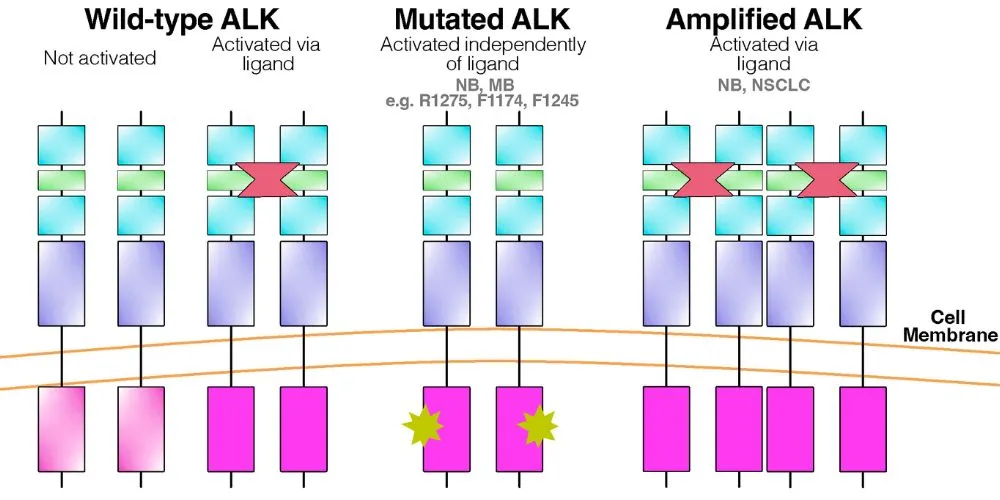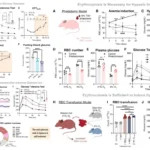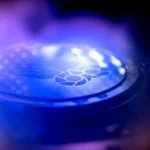Researchers delved into the involvement of Anaplastic Lymphoma Kinase (ALK) in non-glial brain tumors in the posterior cranial fossa, shedding light on diagnostic, prognostic, and therapeutic considerations. Among 992 studies reviewed, 16 were deemed pertinent, focusing on 55 cases displaying ALK alterations across various tumors such as medulloblastoma, anaplastic large-cell lymphoma, and histiocytosis.
The research was published in the MDPI Cancers journal by researchers from Penteli Children’s Hospital, the University of Thessaly, and the National and Kapodistrian University of Athens.
The investigation primarily used tissue analysis and genetic testing to discern the implications of ALK. Notably, ALK assessment emerged as potentially beneficial in diagnosing and prognosticating medulloblastoma, particularly the WNT-activated subtype, with ALK protein expression as a marker for favorable prognosis. Intriguingly, ALK alterations were prevalent in histiocytosis cases within the posterior fossa, hinting at a therapeutic avenue for ALK inhibition in this realm.
In medulloblastoma, ALK’s significance diverged from other pediatric cancers, demonstrating a paradoxical favorable prognosis contrary to its adverse implications in tumors like neuroblastoma. This nuanced understanding underscores the necessity of tailored therapeutic approaches.
Moreover, ALK’s role extended to anaplastic large-cell lymphomas (ALCL), particularly those affecting the CNS. ALK-positive ALCL, while rare, primarily afflicts children and young adults, with posterior fossa localization observed in a subset of cases. Although ALK inhibition therapy has shown promise in non-CNS lymphomas, its application in CNS tumors warrants exploration.
Intriguingly, ALK alterations were also detected in rare intracranial mesenchymal tumors (IMMTs), albeit sparsely documented. While ALK inhibitors have demonstrated efficacy in extracranial IMTs, their potential in intracranial counterparts necessitates further investigation, particularly regarding blood-brain barrier permeability and treatment response.
The study’s comprehensive overview underscores ALK’s multifaceted role in posterior fossa tumors, offering insights into diagnostic refinement and therapeutic avenues. However, limitations stemming from sparse evidence emphasize the need for further research to delineate ALK’s precise implications and optimize therapeutic strategies in this intricate landscape.
The research underscores ALK’s varied implications in non-glial brain tumors of the posterior fossa, emphasizing its diagnostic, prognostic, and therapeutic significance across diverse malignancies. This nuanced understanding paves the way for tailored treatment approaches, offering hope for improved outcomes in this challenging clinical domain.





